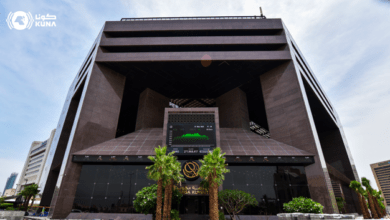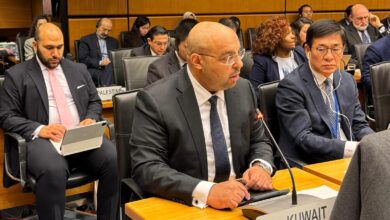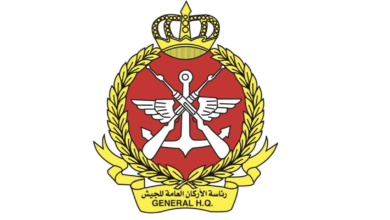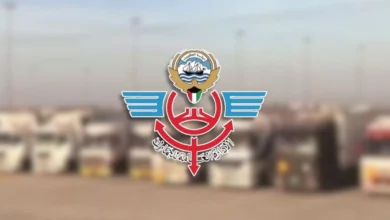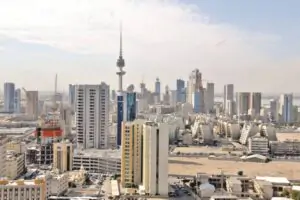Traffic penalties now designed to tackle behavior, not just wallets
The new traffic law imposes severe penalties for child safety violations, including fines up to 1,000 dinars, three years in prison, and license suspension, addressing issues like leaving a child alone in the car, failing to secure them, and imposing additional penalties, including six months in prison and a 500 dinar fine for injuries.
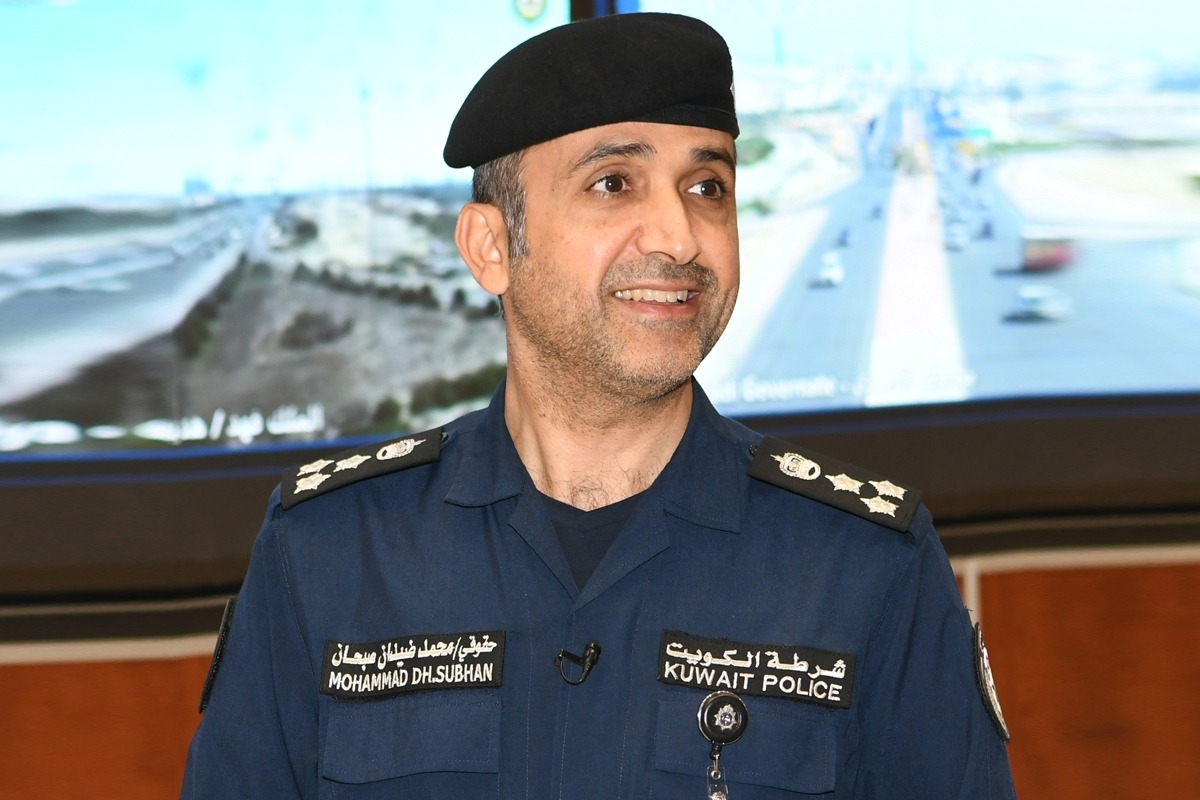
• Penalties have been increased, with fines for running a red light rising from 50 to 150 dinars, speeding fines starting at 70 and going up to 150 dinars based on speed, and parking violations jumping from 30 to 150 dinars.
• Repeat offenders with serious violations will face court if reconciliation is denied, with fines ranging from 600 to 1000 dinars, up to three years of imprisonment, and license withdrawal, said Brigadier General Mohammad Al-Subhan.
• Workshops that modify vehicles without permission or repair accidents without written approval can be fined up to 10,000 dinars. This tightening of penalties serves as a deterrent against such actions.
The recent traffic law amendments introduced significant changes, particularly in Chapter V violations and court referrals. Penalties have been increased, with fines for running a red light rising from 50 to 150 dinars, speeding fines starting at 70 and going up to 150 dinars based on speed, and parking violations jumping from 30 to 150 dinars. Expatriates who repeatedly commit serious violations will be subject to immediate administrative removal, according to Al Jarida newspaper.
In an interview with Al Jarida newspaper, Brigadier General Mohammad Al-Subhan, Director of Coordination and Follow-up at the Ministry of Interior’s Traffic Sector, discusses traffic violations, issues in Kuwait, and the implementation of AI cameras and other key measures.

What about violations that cannot be reconciled?
Violations without reconciliation will be referred to court if the General Directorate of Traffic refuses reconciliation, particularly for repeat offenders with a history of serious violations. Fines range from 600 to 1000 dinars, and penalties include up to three years of imprisonment and administrative license withdrawal, aimed at controlling behavior rather than just collecting fines.
The amendments reclassified some violations from misdemeanors to felonies.
This applies to offenses like driving under the influence of alcohol or drugs, where no reconciliation is possible. Previously, such cases were referred to court with a 500 dinar fine and one-year imprisonment, with injury or death leading to referral under the Penal Code.
Stricter penalties: The new law imposes stricter penalties for driving under the influence. Offenders can face one to two years of imprisonment and fines of 1,000 to 3,000 dinars for attempting or driving under the influence of drugs. Causing an accident under the influence results in two to three years in prison and the same fine. For accidents causing injury or death, penalties range from two to five years in prison and fines of 2,000 to 5,000 dinars.
Using a phone while driving: The law also increases fines for using a phone while driving (75 dinars) and not wearing a seatbelt (30 dinars). These changes aim to prioritize safety over taxes, ensuring lives are protected.
Serious violations may lead to vehicle confiscation, fines of 1,000 dinars, and imprisonment of one to three years. The goal is not intensity but firm deterrence. The high number of violations leads to a greater frequency of injuries and fatalities, which reached 284 deaths in 2024.
Although the past five years have seen a decline in injuries and deaths despite the natural growth in population, licenses, and vehicles, our goal remains much higher—aiming for near-zero fatalities, God willing. While reaching zero may not be fully achievable, as long as there are roads and vehicles, accidents will remain a possibility.
In your opinion, is the traffic problem in Kuwait due to road conditions, behavior, or the law itself?
The issue is primarily behavioral, which the law addresses. In neighboring Gulf countries, traffic laws are regularly updated to cover emerging issues, with new articles added to criminalize actions that weren’t previously considered offenses.
When will the new law come into force?
The law will come into effect three months after its publication in the Official Gazette, with a deadline of April 22, 2025. This period allows the public to adjust, police officers to receive training, and an awareness campaign to ensure full understanding of the law.
18 mobile traffic control cameras
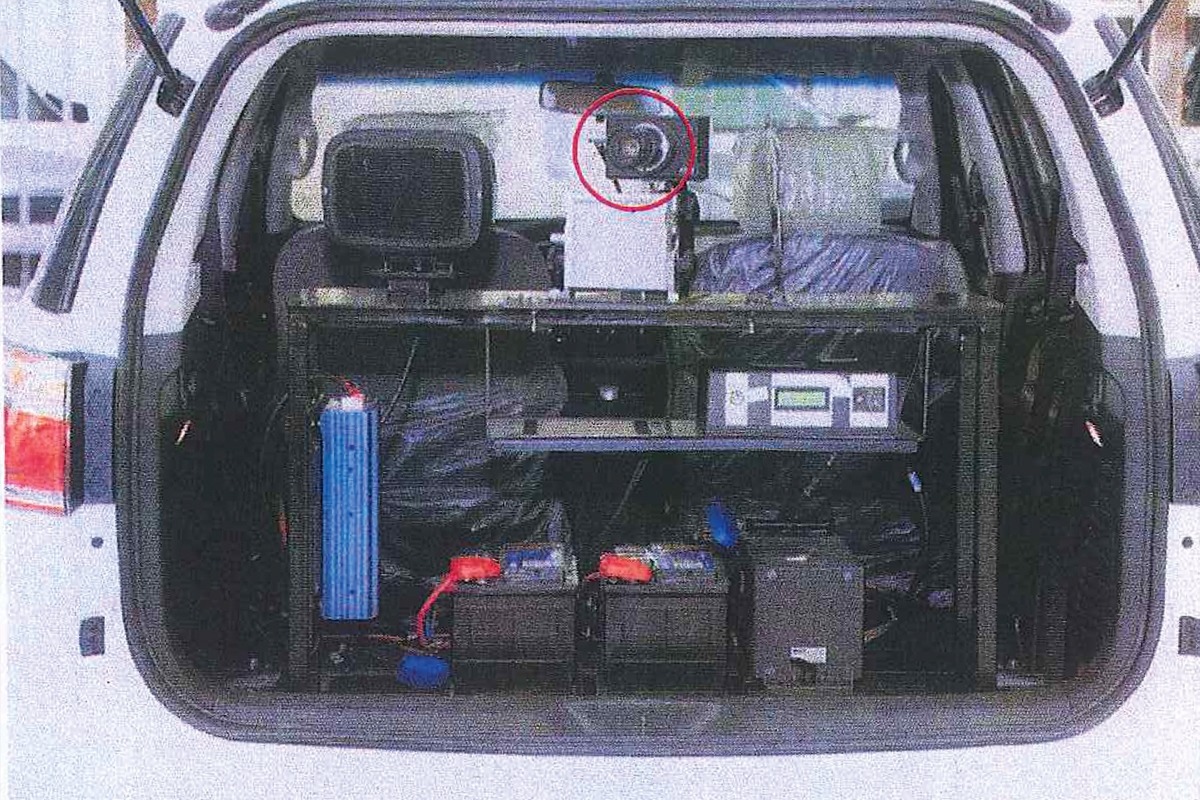
The traffic system includes about a thousand cameras, such as point-to-point speed cameras, fixed speed cameras, red-light cameras, and mobile cameras for hard-to-reach areas. In 2024, AI cameras were introduced to monitor seatbelt use, phone use, and lane violations. By the end of 2024, over 61,000 violations were detected automatically by these AI cameras, which are reviewed and recorded in the ‘Sahel’ application.
The penalty for running a red light has increased from 50 dinars to 150, while speeding fines range from 70 to 150 dinars, depending on the speed.
How many AI cameras?
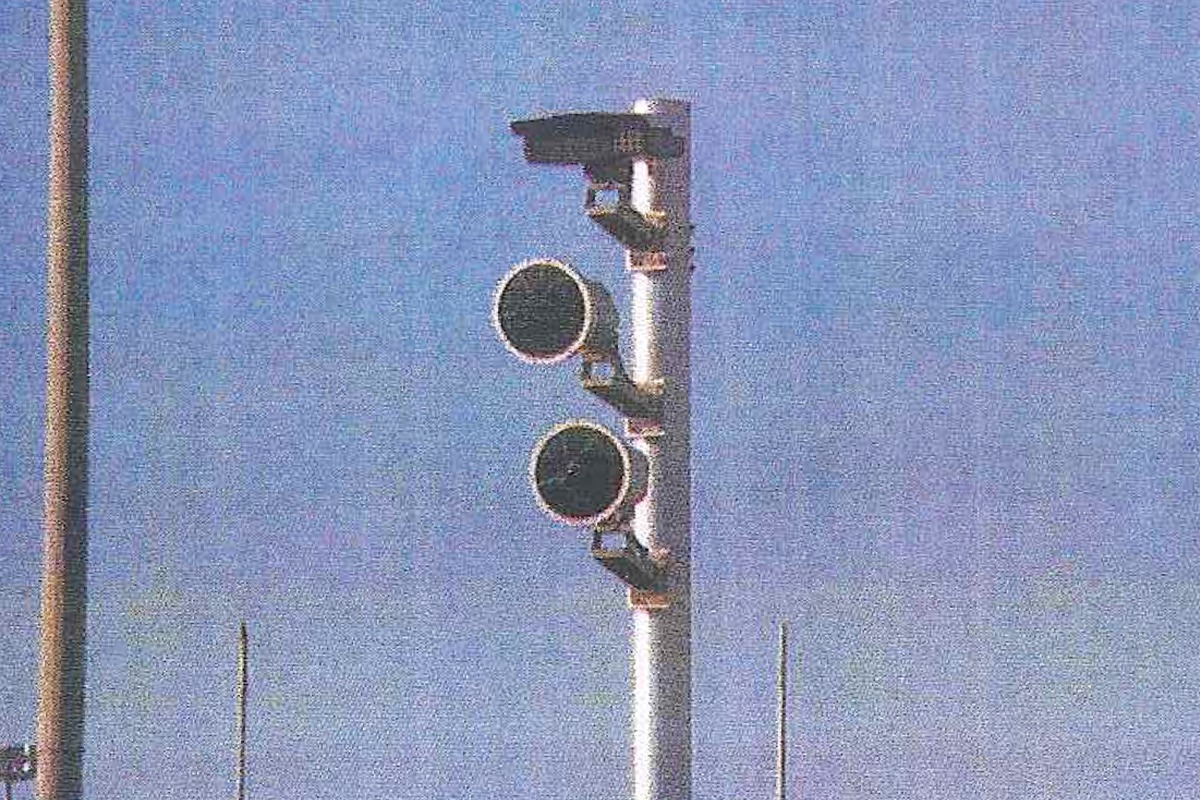
There are 252 AI cameras installed on highways, circular roads, main roads, and high-traffic intersections. Cameras are also mounted on overhead bridges to monitor mobile phone use while driving and to ensure seatbelts are fastened.
Long cameras, with different shapes, are installed at intersections to monitor lane changes, non-adherence to traffic paths, and violations like using a mobile phone while driving or not fastening seatbelts.
What violations does the new traffic law include regarding child protection for drivers?
The new traffic law imposes severe penalties for violations related to child safety, including a 1000 dinar fine, three years in prison, and license suspension for repeated serious violations. It addresses issues such as leaving a child alone in the car or not securing them in the back seat, with fines increasing from 5 to 50 dinars.
Another violation includes failing to secure a child in the back seat, as well as leaving a child under the age of ten alone in the car without an adult, even if the vehicle is parked. If a child is injured due to such negligence, the vehicle owner faces penalties under the Child Protection Law, including six-month imprisonment and a 500 dinar fine.
We are entering the Gulf Traffic Week period. What preparations has the General Administration made for this week?
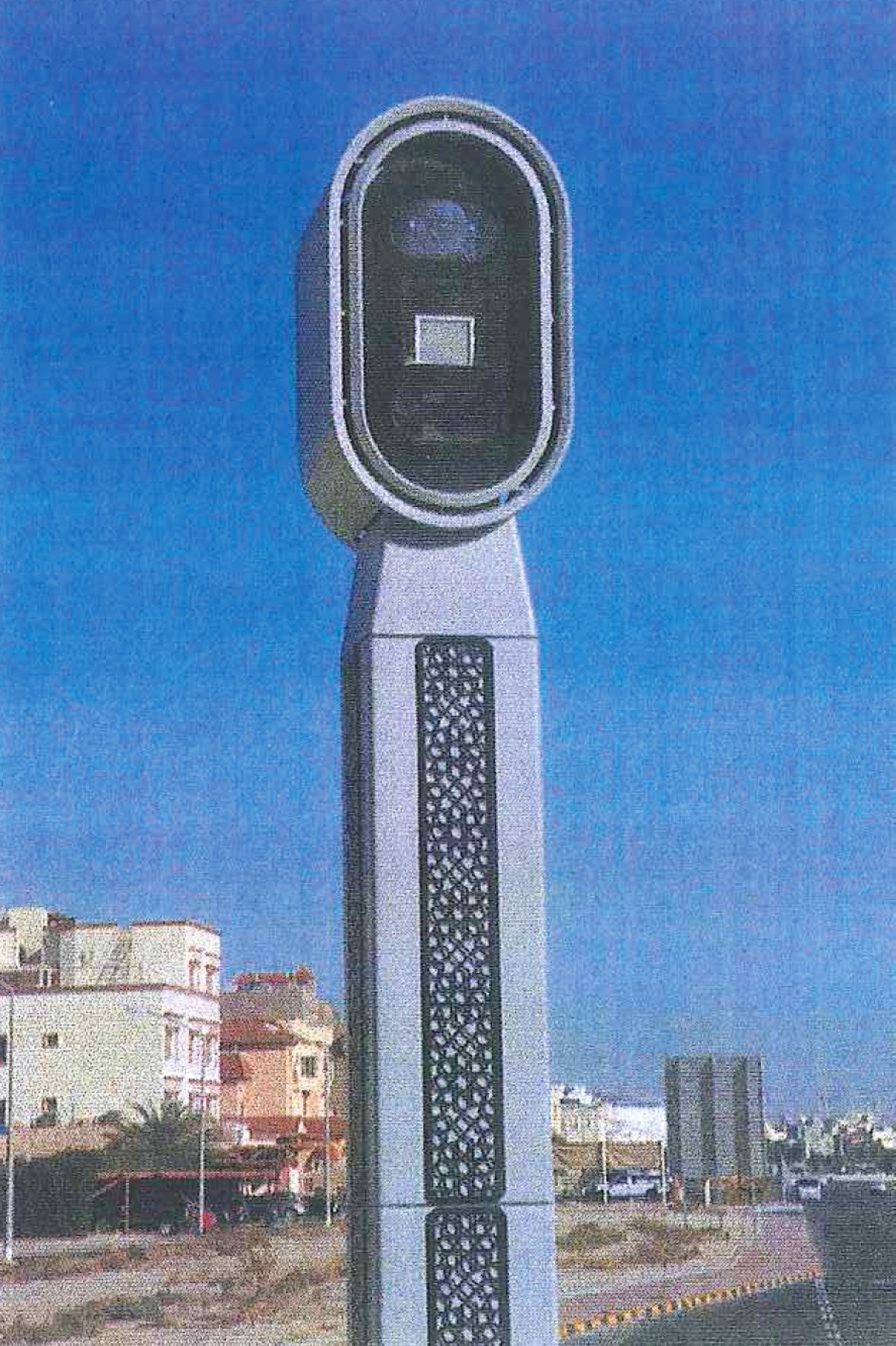
The Gulf Traffic Week, a joint event with Gulf countries since 1984, kicks off on April 13 under the slogan ‘Driving without a Phone.’ Ahead of the event, a press conference will be held on April 9 to present traffic statistics and studies. Activities for the week include visits, lectures, forums, and youth events, with a traffic exhibition at The Avenues. The primary focus is traffic awareness.
The concerned committee has already begun its preparations for Traffic Week, including visits, activities, lectures, forums, youth gatherings, and events at clubs, the General Authority for Youth, public and private universities, and the Ministry of Education. A traffic exhibition will be held at The Avenues, with additional activities and events announced throughout the week, all aimed at raising traffic awareness.
Vehicles confiscated for serious violations will be transferred to the Ministry of Interior for scrapping, not resale.
Speeding topped the list of violations
Regarding traffic violations, speeding topped the list last year with nearly two million offenses, followed by running red lights, not wearing seat belts, and using mobile phones while driving. Additionally, complaints about disturbing sounds from modified vehicles have led to a fine increase to 75 dinars.
421 fixed traffic control cameras
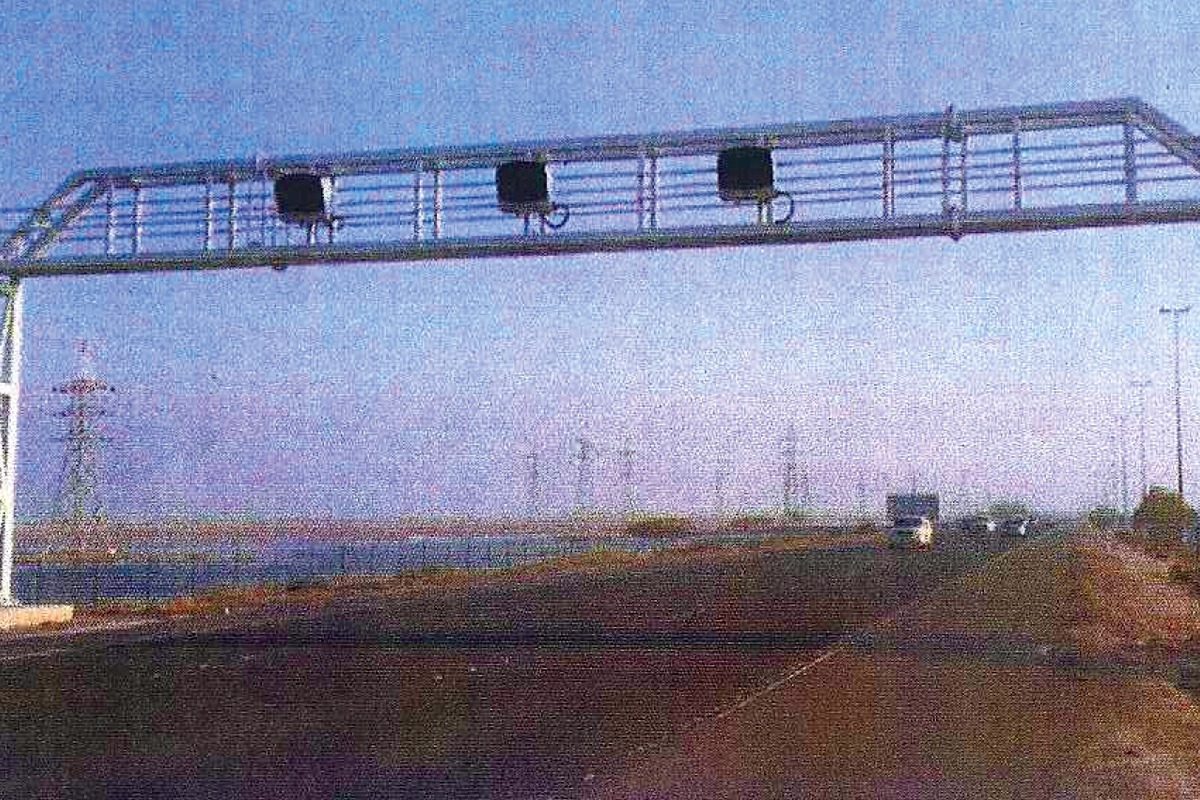
The new law includes violations by legal entities, such as shops or workshops that install unauthorized exhaust systems. These violations result in confiscation, a report being issued (without a reconciliation order), and referral to the traffic court for financial penalties up to 10,000 dinars. This amendment addresses previous overlaps, where such violations fell under the authority of the Ministry of Commerce.
Similarly, workshops that modify vehicles without permission or repair accidents without written approval can be fined up to 10,000 dinars. This tightening of penalties serves as a deterrent against such actions.
Foreign vehicles can stay in Kuwait for up to two months
Under the new law, foreign vehicles can stay in Kuwait for up to two months. Gulf vehicles involved in serious violations will be confiscated after two months of impoundment. Previously, vehicle removal mainly applied to non-Kuwaiti vehicles, but this rule now extends to Gulf vehicles.
The penalty for driving under the influence of alcohol or drugs has increased to 5,000 dinars, and if it results in injury or death, it is classified as a felony.
For serious violations referred to court, penalties range from 600 to 1,000 dinars and imprisonment for one to three years. Vehicles may be confiscated by judicial order, with ownership transferred to the Ministry of Interior for disposal. The aim is law enforcement, not revenue generation.
Is the penalty for deporting expatriates who commit serious violations still in place under the new law?
Administrative deportation is a sovereign right of the state, vested in the hands of the Minister of Interior, based on public interest. If an expatriate commits more than one serious repeated violation, they shall be administratively removed immediately without consideration by the courts.
Expatriate cars
Al-Subhan revealed that the traffic law, which is about to come into force, includes regulatory provisions, such as determining the number of vehicles owned by citizens or foreigners. A citizen may own as many private cars as desired, while a resident may own only one private car, subject to conditions and regulations, including having a driving license and complying with Article 20.
Vehicles to be impounded for up to two months
Al-Subhan stated that the new law includes an article allowing vehicles to be impounded for up to two months. The violator can request the vehicle to be kept at their residence, with additional fees and the installation of a device to prevent movement. However, if the device is moved or damaged, the violator faces charges for destroying public property.
He pointed out that if the car remains impounded by the Ministry of Interior for two months, and the violator does not apply to retrieve it, public auction procedures begin after three months. The auction proceeds go to the Ministry of Interior to cover the violations, while the remainder is held “in trust” for the violator.
Alternative penalties
Brigadier General Mohammad Al-Subhan said that the new traffic law is not limited to merely increasing the penalties of existing articles, but also introduces new provisions, such as alternative sanctions. He explained that the original punishment could involve imprisonment or a high fine.
In such cases, the judge may impose an alternative penalty or even two or three penalties simultaneously. These could include sentencing the violator to serve the community for up to one year, at a rate of eight hours per day without pay, as well as requiring participation in psychological guidance courses. Additionally, the violator may be required to repair any damage caused and compensate for the damages.







